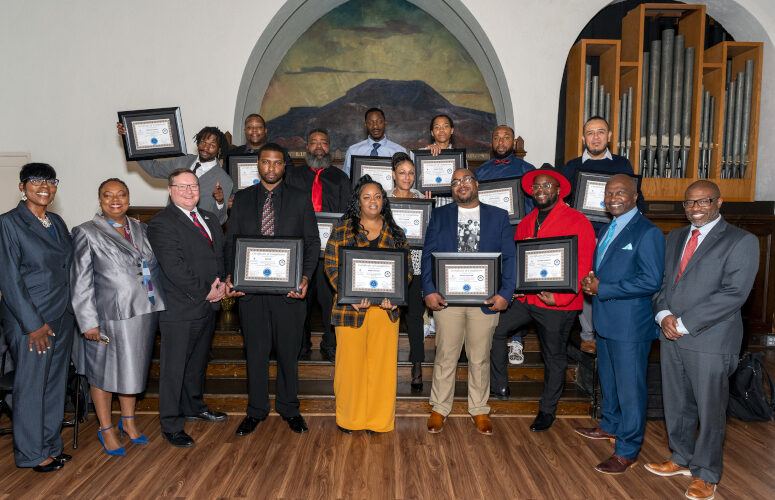
Murphy Announces Asia Trade Mission
By Anthony Birritteri, Editor-in-Chief On Jul 26, 2023Gov. Phil Murphy announced today that he will lead a nine-day, multi-country economic mission to East Asia from Oct. 14-22, including visits to Japan and South Korea. Being prepared by Choose New Jersey, and not costing taxpayers a dime, as the governor stated at an event this morning at the New Jersey Institute of Technology, the trip will include meetings with companies and executives, trade organizations, government officials, higher education leaders, startup incubators, and other key commercial and economic partners. A delegation of 30 to 40 people will accompany the governor on the mission.
The New Jersey-Japan and New Jersey-South Korea relationships generate more than $13 billion in annual shared economic activity. Key industry sectors of focus will include infrastructure, clean energy, financial services, life sciences, technology, logistics, manufacturing, and food and beverage.
Murphy said his two top priorities during the mission are job creation and foreign investment in New Jersey, adding that he wanted to take the trip back in 2020 and 2021, but the COVID-19 pandemic derailed the plans.
With New Jersey being home to the fourth highest percentage of Asian Americans of any state in the nation, with a population of nearly one million Asian American residents, including more than 100,000 Korean Americans, the governor acknowledged, “the deep cultural, familial, personal and institutional relations” that New Jersey has with Asian nations.
Murphy touched on a number of economic topics at this morning’s event. Interviewed by Tom Bracken, president and CEO of the New Jersey Chamber of Commerce, the governor said that – in the spectrum of politics – he is a “proud progressive and a cold-blooded capitalist.”
He said that he did not want to give himself or his administration a pat on the back for certain positive business accomplishments in the state, such as New Jersey receiving its seventh credit rating upgrade in a row, having a record budget surplus, making another full payment into the state’s pension system for the third year in a row, increasing its ranking from 42nd to 19th as the best state for business in a recent CNBC poll, and having the 2.5% corporate business surcharge tax expire at the end of the year.
That same CNBC survey also listed New Jersey as 48th in the nation in business friendliness and 44th for cost of doing business.
“I don’t want to give anyone the impression that we are near the end zone,” Murphy said. “The needle is pointing in the right direction, but we are digging ourselves out of a big hole. We have exogenous challenges that I’m not sure any of us could have expected: the pandemic, inflation, a war in Europe. [These are] curve balls beyond our control.”
Discussing steps to improve New Jersey’s business climate, Murphy said he vetoed a bill that would have created a Government Efficiency and Regulatory Review Commission because it “reeked of cutting jobs.”
Murphy commented, “I’m not sure that at the point [the bill] came to my desk that it was the right thing to [sign]. Having said that, I am committed to [reducing bureaucracy in] government at every turn.”
On replenishing the unemployment insurance trust fund with federal pandemic dollars, an issue the New Jersey Business & Industry Association has been fighting for, Murphy commented that while there is a philosophical disagreement on using the federal money for the UI Fund, it is still a discussion he and his administration are willing to continue to engage in.
In helping minority-owned small businesses take part in more government contracts, Murphy said that his administration has done much, but it could do more. The state is currently conducting a disparity study that is reviewing awards for construction, goods, and services contracts the state has entered with minority, women, and veteran-owned businesses over a five-year period.
Murphy said the results of the study will “put wind in the sails” of diversity supplier procurement in the state. “The good news is [the study] is almost done and when it is, we will turbo charge diversity procurement, Murphy said. He added that it was frustrating that 31% of all New York State procurement contracts are with minority-owned firms, while New Jersey’s percentage is a fraction of that.
In closing, the governor said, “The state has come a long way. We still have a long way to travel, but I like the way the vectors are pointing. With your help … we will continue to grow stronger, more diverse, more welcoming, and more equitable and in the years ahead.”
To access more business news, visit NJB News Now.
Related Articles:





